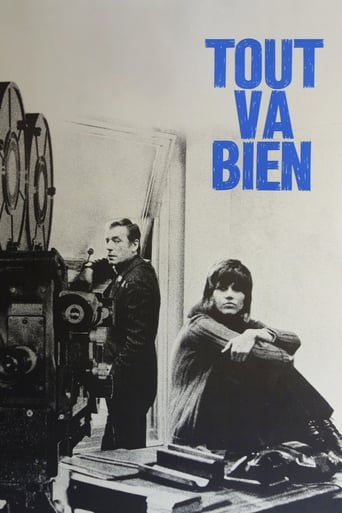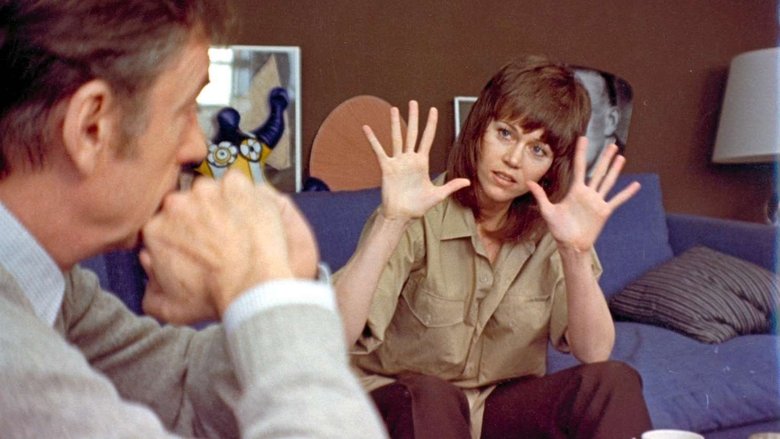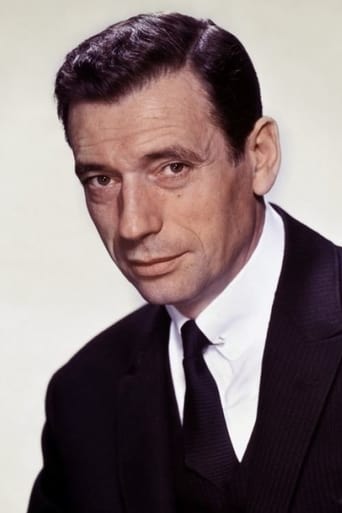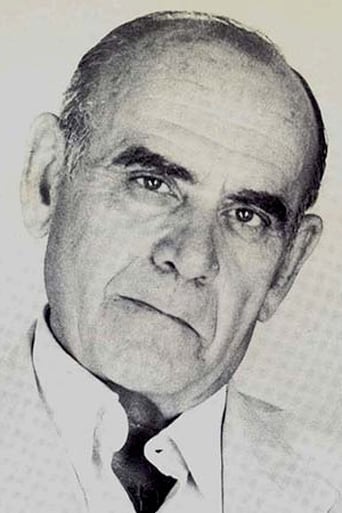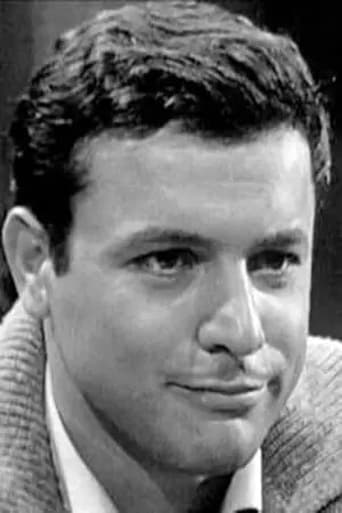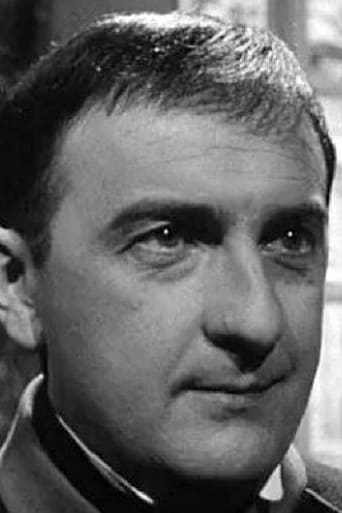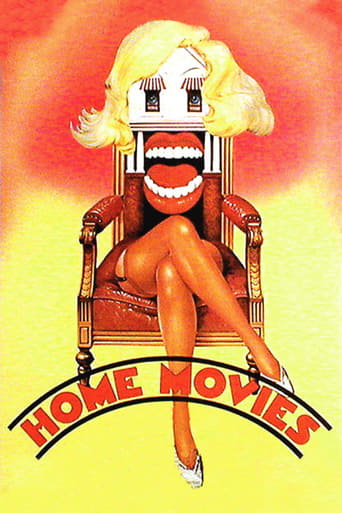A strike at a French sausage factory contributes to the estrangement of a married filmmaker and his reporter wife.


Similar titles
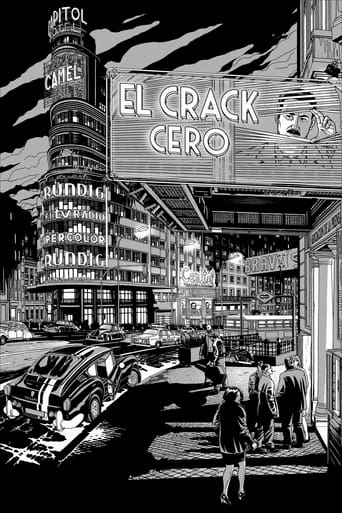
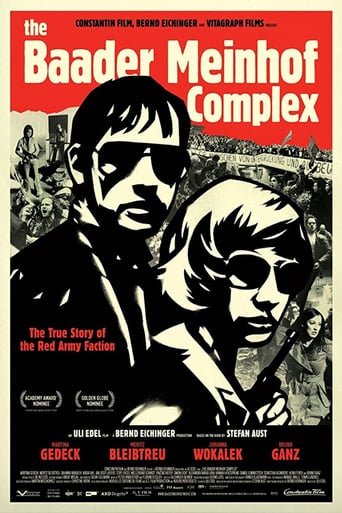
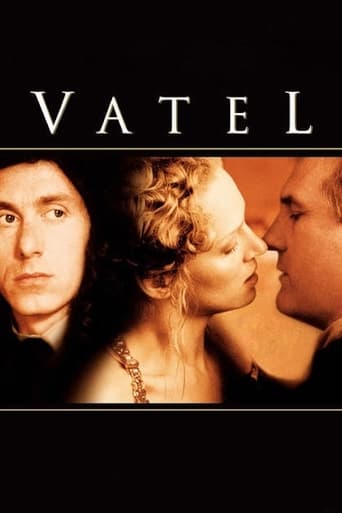
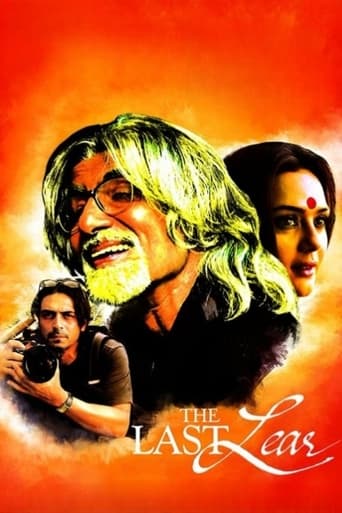
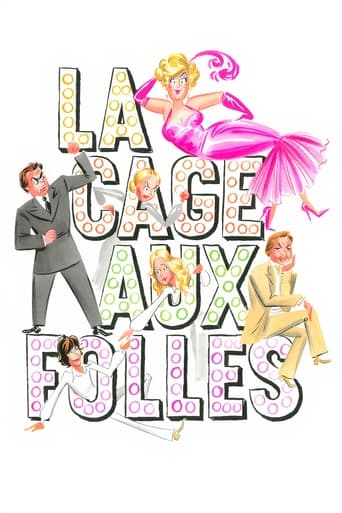
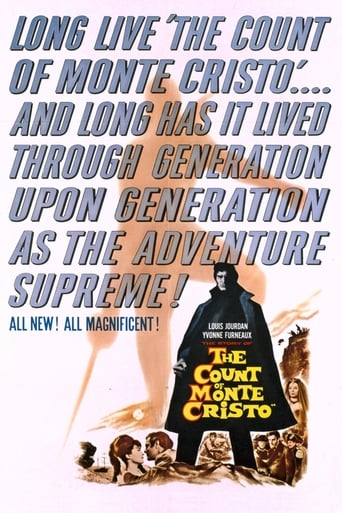
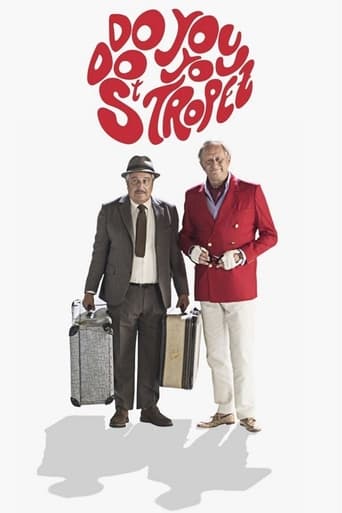
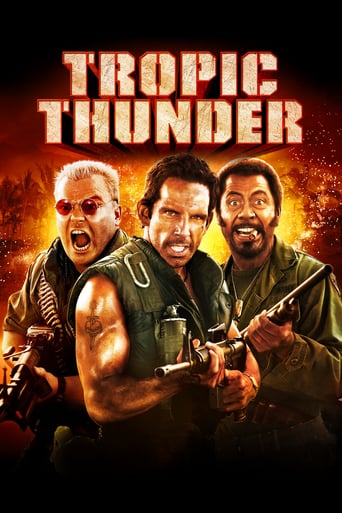
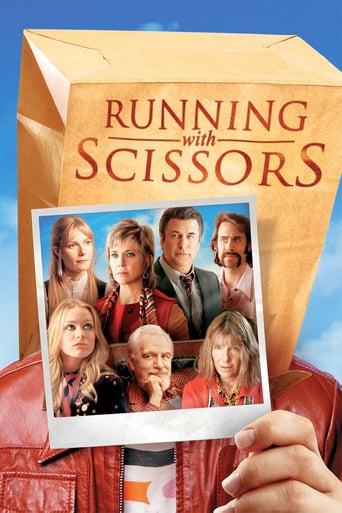
Reviews
In 1967 the French director Jean-Luc Godard, whose recent films had been increasingly imbued with political concerns and an infatuation with Mao, stepped away entirely from conventional filmmaking (even in its zany French New Wave form). Joining with his fellow French Maoist Jean-Pierre Gorin, he shot a series of self-funded political tracts that remain little-known today except to extreme Godard completists. But in 1972, after these years in the comparative wilderness, Godard and Gorin got funding to make a bigger-budget picture, with established stars Jane Fonda and Yves Montand. As they planned, the film would initially go through the motions of being a commercial-entertainment picture, but then move into overtly ideological territory. The result was TOUT VA BIEN ("Everything's Fine").Fonda plays an American news correspondent in Paris. Montand is her husband, a former film director who sold out to shoot television commercials for consumer products. As the film opens the reporter, with her husband tagging along, arrives at a meat-processing plant where she had an appointment to interview the director (played by Italo-French comedic actor Vittorio Caprioli). This turns out to be the same day when the plant workers strike and barricade the manager in his office -- and Fonda and Montand end up being stuck in his office with him. The first half of the film consists of the workers stridently clashing with the manager, as well as their union representative who they feel is compromising too much with management. In the second part of the film, Fonda and Montand's experience in the factory, revealing their own guilt and dissatisfaction, opens a rift in their relationship.There is a lot of farce in the first half of the film, and a darkly humorous misanthropy. Godard may have been intrigued by the romance of revolutionary politics, but he depicts the workers as venial, squabbling people that are nearly as awful as the exploitative management. Godard and Gorin make heavy use of Brechtian alienation techniques here, where the audience is continually reminded that they are watching a staged drama, not real life. Thus the factory director reads his lines in a hyperbolic comedic fashion, while other performers seem to be reading their lines in improvised fashion off a sheet of paper offscreen. Fonda and Montand are not directed to act much at all, rather they mainly stand on screen as token "movie stars" and only observe the workers' action. Naturally, French Maoism has not aged well as a political ideology, and people today will see this as a time capsule of a past age in politics than a powerful for the present. Still, Godard and Gorin do capture some timeless truths about how hard it is for the working class to put its frustrations into words.In spite of being shot years into Godard's middle, "Maoist" period when he had supposedly left the New Wave behind entirely, from the very first frame one is likely to find this readily a continuation of his mid-1960s work. The visual aesthetic, i.e. the bright colours -- usually those of the French flag -- the way his actors are instructed to stand, and the general mise-en-scene are the same as his work from PIERROT LE FOU to WEEKEND. There is a reason for that: Godard had a serious motorcycle accident during the initial stages of the film, and while he was recuperating, Gorin had to do most of the directing. Gorin intentionally chose to emulate various bits of Godard's earlier films. This is important to note, because the 1970s would be a decade when Godard's visual style and editing would change dramatically, but due to Gorin's role this film looks backwards to early Godard instead of forward to late Godard. But even if it is a deliberate retread of earlier Godard, it is still visually gorgeous, and the elaborate shot in a hypermarket towards the end (by which Gorin imitated the car crash scene in WEEKEND) deserves to be acclaimed as one of cinema's great long takes.Another effect of Gorin's look to the past is that, if it weren't for shots of France outside the film's set, where we can see that the new fashions and music of the Seventies have come, a viewer might think this was a Sixties film. Nonetheless, there are some fresh things here, namely the appearance of feminist concerns (something generally missing from Sixties radicalism). With its repeated mentions of May 1968, TOUT VA BIEN also captures a very interesting moment in time, when May '68 was close enough to be relatively fresh, but far enough in the past that people could understand what a failure it had proved and wax nostalgically about it.TOUT VA BIEN has never been among Godard's most acclaimed films, and as I said, visually it is a sort of retread. Yet, I greatly enjoyed this film. For me, the mid-late 1960s and early 1970s were a very special time in French history (and in Western history more generally), and watching TOUT VA BIEN really does take one back to that era. I wouldn't recommend this to someone totally unfamiliar with Godard, but if you have seen all his New Wave work, then continue on to this.
Tout Va Bien: A Movie Review Well, this divisive film certainly has polarized both those for and against consumerism at its finest: capitalism. One understands through the film that there are a lot of disgruntled people out there in "la Belle France" who basically strive hard to change things, from time to time, when times get rough, or things get intolerable in the political scheme of things. We see from the film, certain things that really catch our visual gaze: the eerie supermarket scene, where shoppers are basically targeted for their purchasing large quantities of goods big enough to feed an entire Catholic household by angry "anti-consumerist" revolutionaries who basically seem out of love with the French version of the supermarket, l'hyper-marché. We see that, not only in this scene but in others, there are many disgruntled workers/student activists, who want desperately to weed out the continuing problems in their society that won't seem to go away, no matter what they do. There are, next, the problems faced by the meat-packing workers who work in the meat-packing plant, who are faced with the problems wrought by working at a meat- packing plant, namely, cancer. Though these workers have a boss who is apparently jolly, cheery, and indeed, corpulent, they have nothing to live for as they are all dissatisfied with their jobs and indeed have to sing songs of protest directly in "leur patron's" face in order to get the message across to him that they "ain't gonna take it anymore." In fact, this movie reminds me so much of "Potiche" in its almost comedic look at French workers striking, so unique and unusual, and even creative in their tactics, are they. In Potiche, a movie which I am probably not even supposed to be reviewing on here, we find that a suburban housewife is tired of her banal existence as a housewife and wants instead to be mayor of her small town (her alternative existence is not very good; all she gets in that life is being chased around by squirrels on her daily jogs, washing dishes and cooking in her apron, and getting cheated on by her cigar- smoking husband). So, we find that, Catherine Deneuve, who plays this feisty house-wife- no-more character, becomes the lead striker in that she address the strikers' concerns whole-heartedly, being the former wife of the deceased husband and woman-chaser, and, like a true fiery politician, changes the way things were previously run at their car-producing- factory (or, something like that). So, while some may immediately label Godard as a boring film-producer who only produces film for his own money-making benefit (and, after all, we all have to earn our bread somehow, don't we?), there are those of us out there who have to acknowledge that the man is a prolific film- producer, and we can't just be jealous if there is nothing we can do about it. In addition, there are scenes in Tout Va bien which makes us question whether really, "Tout Va bien" or, "Tout ne va pas bien, du tout." There are scenes of utter chaos, to be sure, in the supermarket scene, which leads the average viewer to believe in miracles; the shoppers eventually catch on that there is enough chaos in the air that they will not be penalized if they take a little extra of the food and other supplies that the grocery store has to offer. The film-makers who are documenting the strike in this way truly believe that they need to change the mechanical way in which the butchers, or, before that, the factory- worker-butchers, are forced to behave; like robots. But, as we human beings are not robots, we must not be forced to act in this way for too long, or else, we will explode. The building in which many of these workers work, singing rather merry protest songs, cheerfully, along the lines of, "let's behead le patron" and things like that to scare him, aren't pacified by his apparent placidness and seemingly sociable manner and willingness to become one with his inferiors, at least for five minutes. We find that, indeed, the workers hate him, anyway, and will line up outside his door for days, weeks, months, if they have to. One unforgettable moment, anyway, is when the boss actually loses, it, technically, and throws a brick to pee out the window; the chants are surprisingly melodious, in fact, and they verge on rounds, which is quite incredible to me that strikers' songs, supposedly created on the spur of the moment, spun out of workers' minds, can be quite so creative. So, this movie, which starts out patriotic enough, advertising "la France" with the red, white and blue of its flag (it puts its letters in this colorful design), spans the years from 1968, when there were great student protests and somewhat violent riots against the police, to 1972, when the fictional, but largely truth-based strikes take place. The director is very revealing in the ways in which he shoots his scenes, he lays everything bare: his voice supposedly is heard calling the shots, literally, like, "Tout Va Bien, part two, cut," or "Tout Va Bien, scene three, take 5, cut," etcetera, etcetera, until the film really begins. Jane Fonda, and Yves Montand, and Victor Capprioli, also star, so no wonder that this was a popular film, at least during its time. Indeed, this is quite a film, a lot of work went into it.
Tout va bien (1972) ** (out of 4) Jean-Luc Godard and Jea-Pierre Gorin directed this film about two directors (Godard, Gorin) who are trying to piece a film together, which is being played out by Jane Fonda and Yves Montand. Godard has been very hit and miss with me so this film here is somewhat in the middle. I really didn't hate this movie but at the same time I can't say that I was entertained by it either. I think there's some good ideas floating around here but I never felt like they were pulled together to make anything too interesting. I'm sure fans of the film will say there's a political message here and I'm sure there is somewhere but with all the madness going on I wasn't about to look for it. I think Montand is very good in his role but Fonda was a tad bit lacking and this is probably the biggest disappointment I've had with any of her films. I really enjoyed the sequence in the store and there's some very good moments scattered around but in the end this is just Godard being Godard and I wasn't going for it.
Godard builds his films from scratch. It's not that he shows up on the first day of shooting with no script or idea of what he wants. He simply works from an entirely different angle than most other directors. In an inventive, cerebral, pretentious manor, Godard and his co- director here, Jean-Pierre Gorin, shows us scene after scene. After each one, we naturally ask ourselves questions pertaining to the characters and the story. The story, or should I say the film, unravels further. We then not only ask ourselves the expected question, "What does this movie mean?" We also ask ourselves, "What is this movie about?" Godard drops characters and settings into a stirring pot, sprinkling it with title cards and captions, then pours them all into the oddly shape bowl of a film structure that he has fashioned himself. His cinematic expression is less a communication to and more a confrontation with the audience. He does not make his film easy on you. Still, his cinematography is interesting, and I admire some of his ideas.Have I made it unclear where Tout Va Bien stands in my opinion? OK. Well, let me tell you that it is quite an interesting film, an especially unpredictable one, yet Godard and Gorin, as the occasional European filmmaker will do, just as Haneke does, enjoy the feeling of being beyond the audience. What is said with Tout Van Bien, politically, socially, sexually, is expressed as if we, the audience, are the ignorant ones he is in disagreement with.The high points of this film are the presence of Jane Fonda and a very very long sideways steadicam shot that slowly moves from left to right repeatedly across several check-out lines in a grocery store as tension and rage slowly builds.
